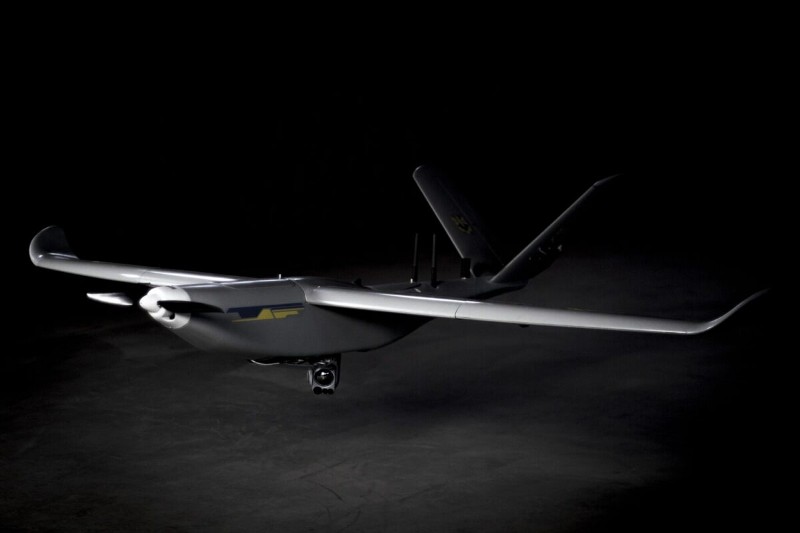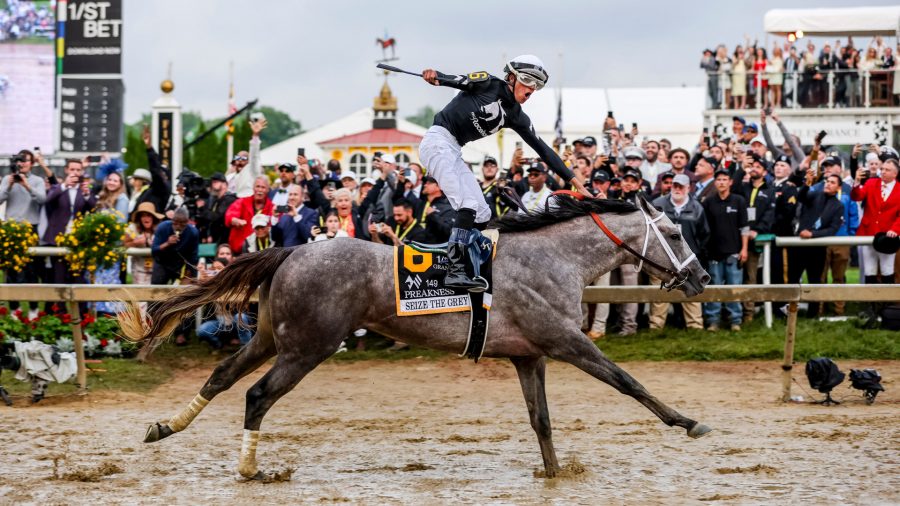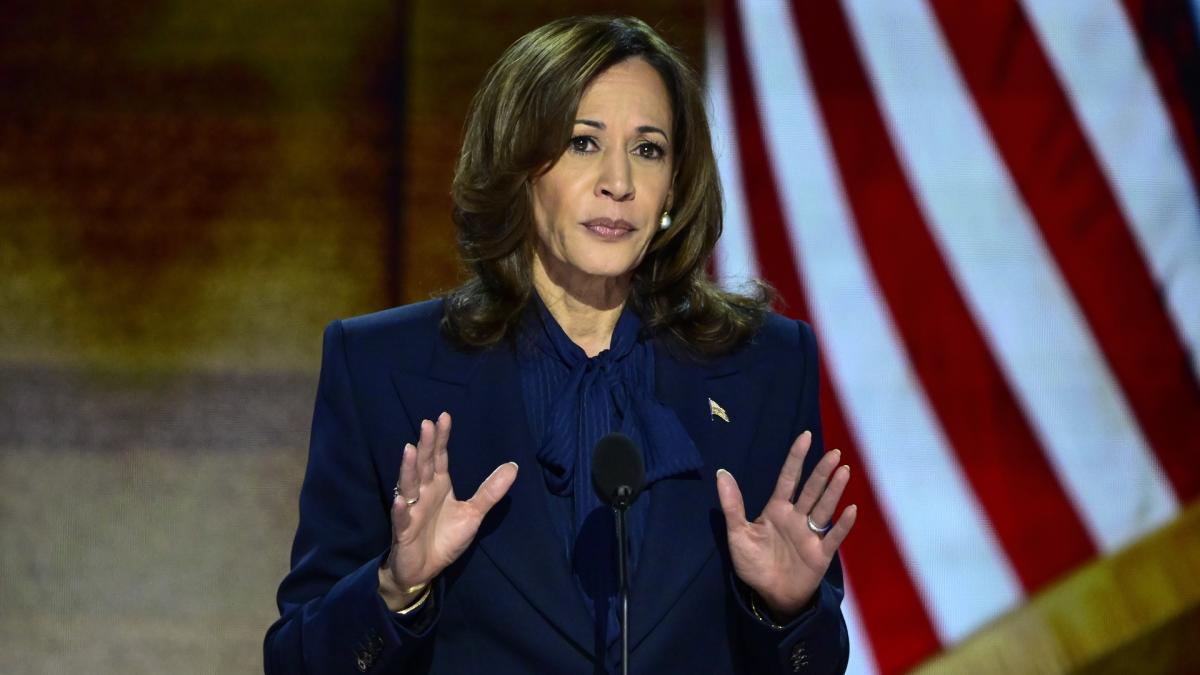Michael Schumacher‘s 2002 Formula One World Championship celebratory cap raised over USD$40,000 (€37,158.60, or roughly ₴1.5 million) in a raffle, the proceeds of which will be used to buy a “GOR” drone for the Second International Legion of Defence of Ukraine.
The campaign was launched in September by Olexandr Petrenko, deputy chairman of the Ukrainian Karting Committee, with the goal of raising seven million hryvnia (€165,558.64) for an Elf drone. Various snags eventually prompted him to switch to the cheaper GOR.
Each ₴200 donation entered the contributor into the raffle to win the cap, which was ultimately won by Gennadiy Lobas of Volnovakha. His relative Irynia, who also donated, picked it up on his behalf in early April from Petrenko and Second International Legion spokeswoman Valeriia Chokurashvili. While anyone could increase their chances of winning with more donations, Lobas had only done so once.
“I am grateful for this project. I believe that today, the situation rests on our patriotism, on the patriotism of the people,” said Iryna. “All Ukrainians, I urge you: do not stop, continue the good work, continue to donate, continue to help our defenders because without us, without our social work, we will not win.”
Although the cap has been handed over to the winner, Petrenko stressed that crowdfunding for the drone will continue. GOR’s manufacturer Airlogix maintains a waitlist for orders and Petrenko expects his to not be processed until late summer, during which he hopes to drum up more money for any required down payments. Lobas has also expressed interest in auctioning the cap himself to add to the donations.
Petrenko first acquired the hat from the agency of Schumacher’s manager Willi Weber, who in turn received it from from his assistant Frank Sievers as a gift. Schumacher signed the cap shortly after securing his fifth title before giving it to Sievers.
In early March, Petrenko hosted an episode of the Underground LIVE stand-up programme to raise interest in the raffle. Oleksandr Bondarev, the reigning CIK-FIA Karting European OKJ Champion and current WSK Champions Cup OK points leader, was a guest star and also gave away special calendars to donors; he is the first Ukrainian to join a Formula One team after signing with the Williams Driver Academy last September.
“This case is very cool in my opinion. Because Michael is unavailable (due to his 2013 skiing injury and private life), he will not sign anything anymore so there is a limited number (of these) and such cases will only come once in a while,” Petrenko told Ukrainian Radio Chernihiv. “Because of this, I managed to attract the attention of many influencers, many bloggers. I see people sitting down at the table to chat with us, finding it necessary to pay attention to this.”

GOR is a reconnaissance UAV capable of flying as high as 3,500 metres with a range of forty kilometres over two-and-a-half hours of flight time. It is equipped with electro-optical/infrared sensors and is built atop a a carbon frame while the bottom is padded with Kevlar. To be protected from electronic warfare, it has encrypted communications and a backup modem that automatically turns on if the primary one is jammed.
Airlogix was founded by Vitalii Kolesnichenko in 2020 to build drones for medical blood sample delivery before shifting to military purpose following the Russian invasion two years later. While actual military hardware like artillery and tanks are still the main factors, drones have become a major player in the war as both sides heavily rely on them for scouting and bombing at affordable prices. The Ukrainian government plans to produce over a million drones in 2024, relying on over 200 companies like Airlogix. The company secured its first contract from the government in 2023, with clients that include the Armed Forces and the Main Directorate of Intelligence of the Ministry of Defence.
As their name suggests, the Second International Legion is a detachment of the multi-national International Legion. Created in October 2022, the unit comprises volunteers across over thirty countries with most hailing from Ukraine, Belarus, and Georgia. The legion primarily operates in the Donetsk region.
“It is a place of strength where many cultures, mentalities, languages come together and we all work together to defend democracy as a principle and Ukraine as a state in order to destroy the enemy, whose appetite cannot be satisfied,” commented Chokurashvili.
Since the start of the invasion, the Ukrainian motorsport community has helped contribute to the war effort through various means outside of joining the Armed Forces. Many competitors, unable to race since domestic championships are suspended, became driving instructors for the AFU as part of a joint project between the Automobile Federation of Ukraine and the Ministry of Defence. Last October, Dakar Rally alumnus Vadim Pritulyak raced the SKARLAT 1000 with wounded veterans Sergey Romanovsky and Olexandr Gonzul at the Rallye TT Cuenca in Spain to generate interest in the UTV, which can medevack injured troops and transport goods.
“Is it difficult to be a volunteer today? I don’t know how to answer this question,” Petrenko began, pondering the role that one could play in supporting Ukraine beyond combat. He had signed up for the AFU two days after the invasion but was turned away by his recruiter, who felt his networking and media knowledge made him more important on the civilian side. “What are the alternatives? Is it hard to be an infantryman in the AFU today? Is it hard to be an artilleryman today?
“Slogans alone will not do the whole work. It goes without saying, we need to do something about it. Someone is doing something in the Armed Forces today, and someone is doing it for the Armed Forces today. Someone collects money, someone produces the goods for which the money was collected, someone has connections and arranges for supplies from Europe, someone weaves nets. What is more important today: raising ₴10 million to buy a drone or to weave a net? I think both are important. People say there is corruption and there are such and such problems, so why should I help the army? I believe you are helping yourself first and foremost.”
Donations to the GOR campaign are made through Monobank. As of this article’s publication, it has raised over ₴2.1 million with a goal of ₴4.5 million.



